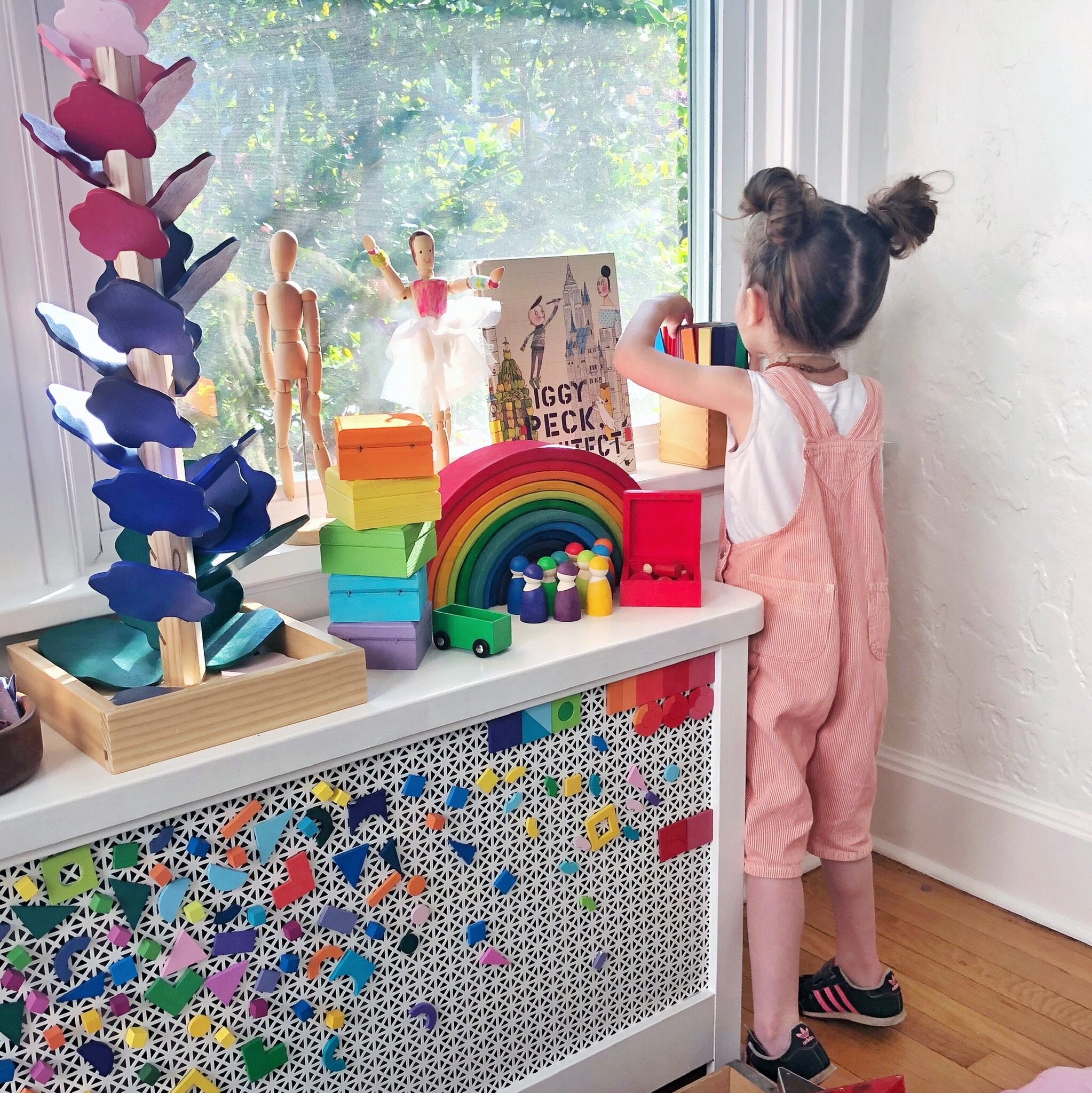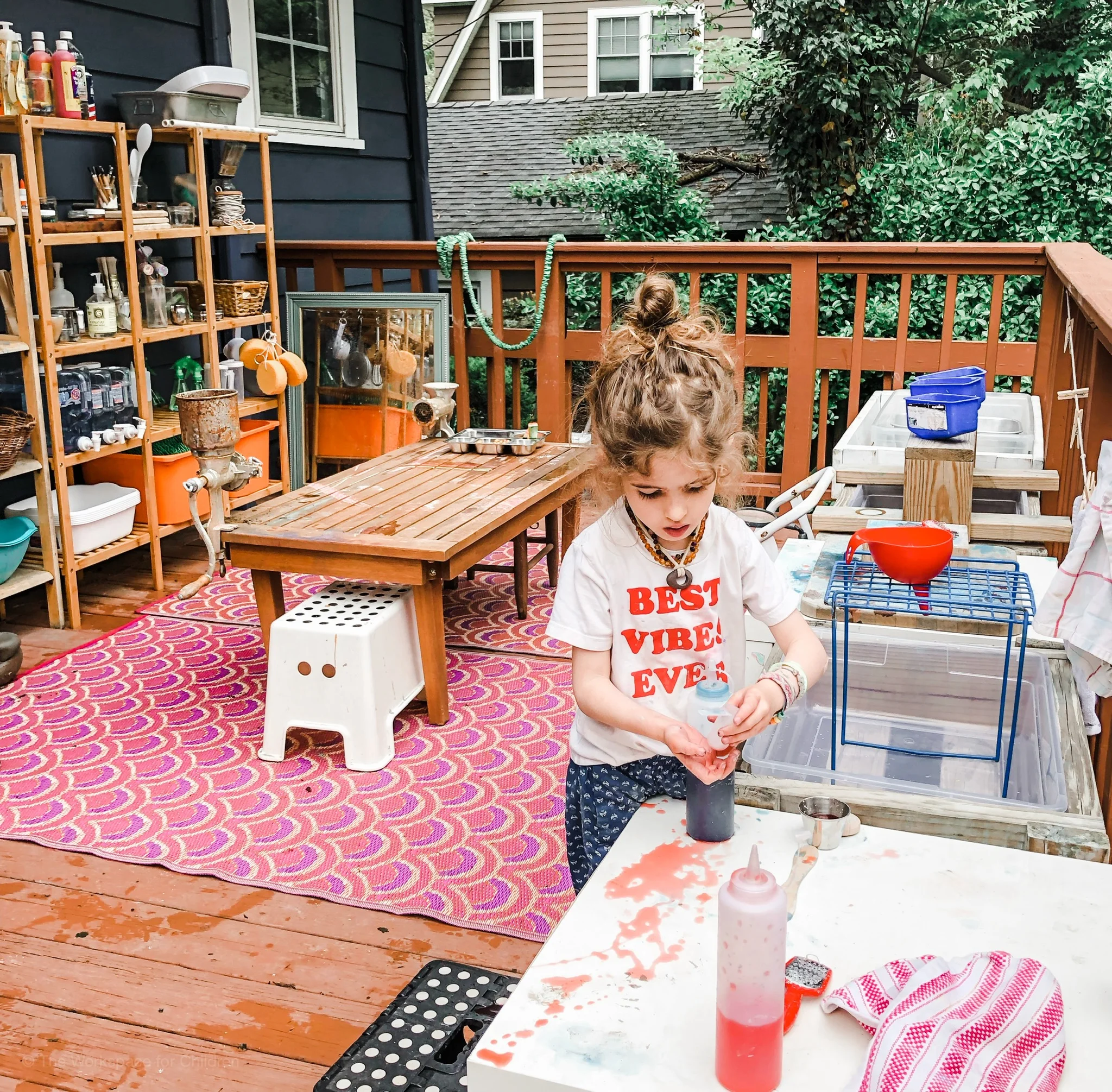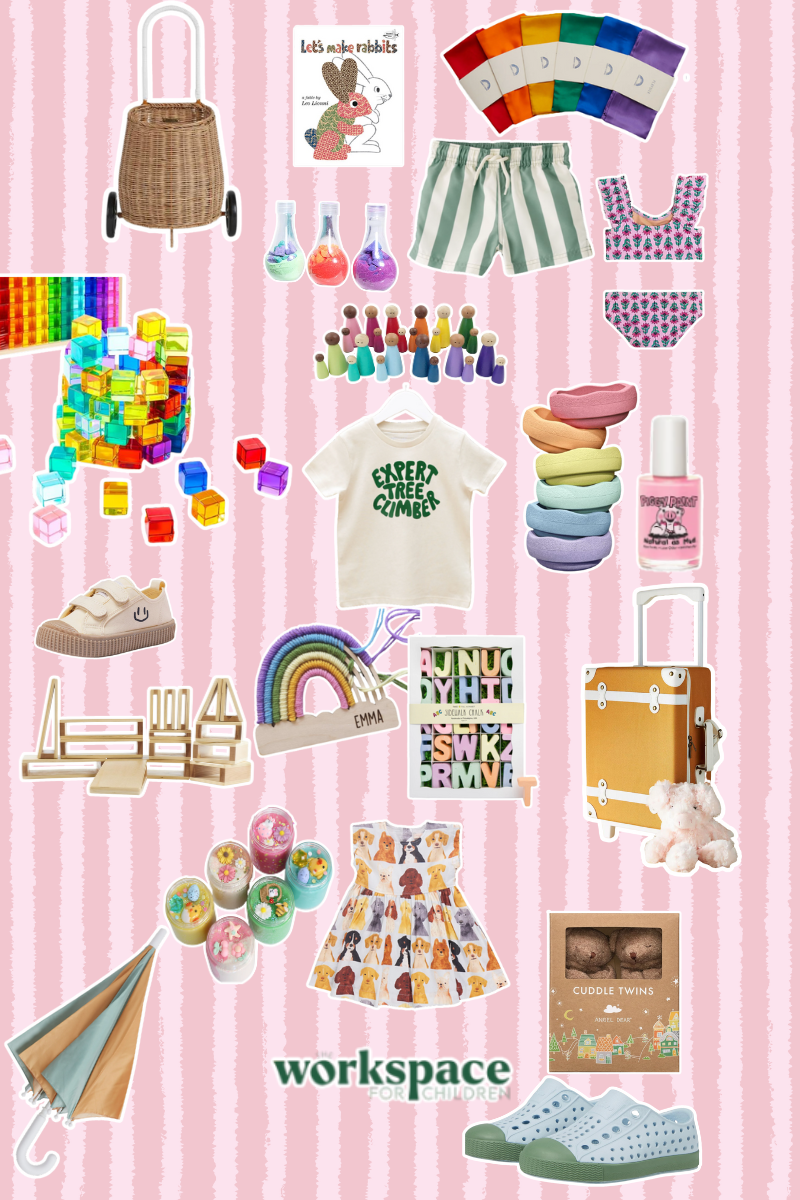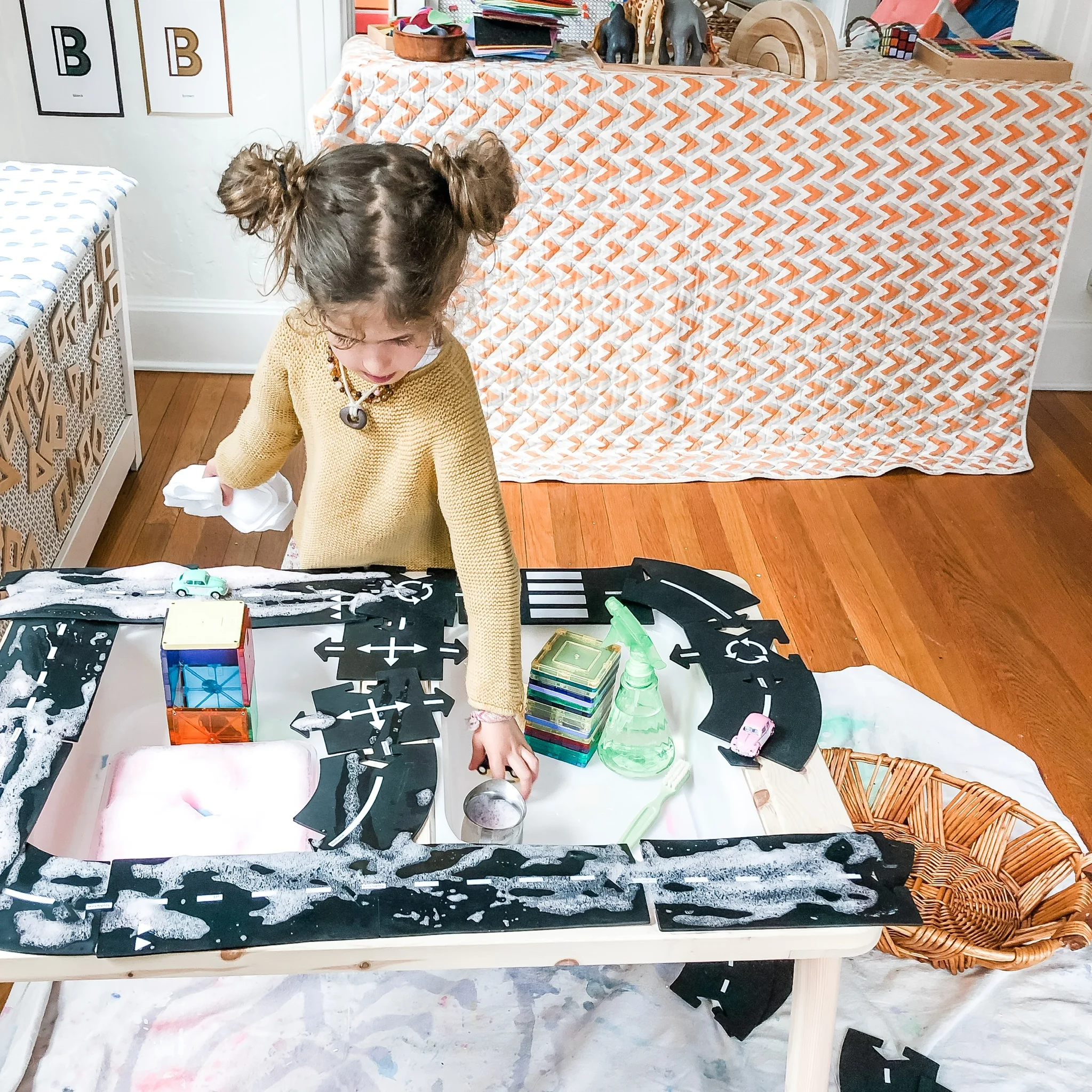How to Help Your Kids Stay True to Who They Are Now, and as They Grow Up
/DO YOU WANT YOUR CHILD TO BE TRUE TO THEMSELF?
Do you marvel at how confidently your baby takes first steps, falls, and gets back up? No self-consciousness there!
Isn’t it amazing when your preschooler admires their round tummy sticking out of their too-tight shirt and grins with pride at the outfit they picked out all by themself? They love themself!
As we grow, self-awareness and self-doubt begin to creep in, and we become more aware of how others perceive us. It can be painful to watch your child go through this. They change from that little toddler who sang out with glee to the more guarded adolescent who is sometimes afraid of their own voice.
Keep reading for three ways to support your child’s truest self.
While this change is a part of healthy, typical development and it is part of growing up, there are ways we can support our children to stay true to who they really are.
THREE WAYS TO SUPPORT YOUR CHILD’S AUTHENTICITY:
Maintain a strong physical connection.
When our children are babies and toddlers, we hold them and rock them and throw them in the air with glee. Our touch reinforces how fiercely we love them. As our children grow too big for our lap and start to roll their eyes at a kiss goodbye, we can still look for other ways to connect physically.
-Offer to brush out their hair or braid it.
-Maybe they’d like to get under the covers in your bed with you and watch a movie.
-Maybe even a challenge to a wrestling match?
You know your kid best- find a way to maintain that physical touch. It goes a long way in helping them feel accepted, loved, and supports their authenticity.
Be a quiet presence, but BE THERE.
Try not to talk as much as you listen, fight that urge to fill every silence. Rather than telling them how to handle their lives, try to become an active observer and listener. Think of your role as a parent to be a facilitator, but the child themself is their own teacher. We are here to guide and to be a sounding board as our children process their own experiences. Show them that you respect who they are, enough to trust them to guide their own way with you as the supporting actor.
Embrace their interests.
When your children were small, you likely signed them up for activities that you found appealing or appropriate. You had a lot more say over what your little one was geared towards as far as sports, music, and art. Now that your child is older, ask engaging questions about their true interests, even if it is not what you would have chosen. Maybe they love anime. Find out more about it and find a local anime festival to take them to. Maybe they love fashion. Ask for their opinion when you are getting ready to go out. Find something you like about what they are wearing and compliment them. Notice their ability to accessorize and comment on it authentically. Find out when they feel really good about themselves and facilitate that authenticity in them happening as much as possible!
I hope you enjoyed this blog! If you want to keep up with more Workspace for Children content, follow along on Instagram by clicking HERE.
SUBSCRIBE TO MY NEWSLETTER
WANT TO SEE MORE BLOGS LIKE THIS ONE? GREAT! CHECK OUT THE POSTS BELOW!
CHECK OUT OUR EBOOKS!
THE PLAY PLAN
The Play Plan is an ebook containing play invitations that are easy to set up, inexpensive, and apply children of all ages. The 25 play prompts are divided into five categories and use items that you most likely already have at home. These play prompts consider children of all ages, all developmental stages, and all learning capabilities. Each prompt can be tailored to fit your unique child’s needs. Play is meant to be simple.
$28
QUIET TIME AND INDEPENDENT PLAY EBOOK
This downloadable ebook is your personal guide to Quiet Time and Independent Play. This ebook will teach you the basic steps to implementing a Quiet Time and Independent Play strategy that works. The guide teaches you my proven 5 step method for implementing a daily break without using screens. (Guide includes 5 bonus invitations to play.)
$27

















